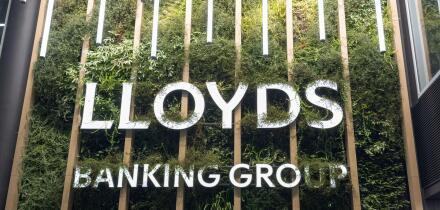“It’s always going to be harder for sovereigns to set up a whole framework… but it’s natural that sovereigns come next,” said Jun Dumolard, head of funding at Unédic. “I don’t see any reasons why they won’t. As an issuing entity, the priority is always going to be on social and environmental causes from now on.”
Earlier this year, Ecuador issued the world’s first sovereign social bond, using the proceeds to fund affordable housing. This was followed up by a Covid-19 response bond from Guatemala.
There has yet to be a deal in the format by a European sovereign, but Luxembourg has recently set up a sustainability framework and issued a debut bond in the format. The framework includes rules for social bonds, and the sovereign hopes that its peers will be inspired to follow its path.
“I see a benefit for smaller states which could struggle in finding enough eligible green assets to do a green bond. Social and sustainable bonds would allow them to issue benchmark size and not have constraints related to low liquidity,” said Jarek Olszowka, head of sustainable finance at Nomura.
“But I’d also like to see sovereigns issuing social or sustainable bonds as part of a national development plan to add value rather than just to fund existing projects that they were going to do anyway," said Olszowka.
Sovereigns certainly have ample social expenditures to be funded through social bonds.
“If you look at the current Covid-19 crisis, healthcare spending in some countries is up to 8% of GDP,” said Siegfried Ruhl, head of funding and investor relations at the European Stability Mechanism.
“What we have to take into consideration is that it took sovereigns some time to enter the green bond market and deal with the issue of how it can fit into the budget," said Ruhl. "They found a way and so the process for social bonds can more or less be a copy and paste function.”
But Ruhl pointed out a potential stumbling block for some countries looking at the instrument: “In some countries, social debt has to be financed with tax. So there might be legal hurdles."
Antonio Cordero, chief financial officer at Instituto de Crédito Oficial, believes that sovereign participation will arrive in the social bond market in a few years, and that it will lead to "a massive increase in volume of such types of bonds".
“Looking back at what has happened in the social bond market I can only be proud and satisfied of what we started in 2015 when we issued the first social-labelled transaction,” said Cordero. “At that time the sustainability market was dominated by green bonds but we thought that we should expand the focus from not only environmental issues but on social aspects so we really made a big bet on the social front.”
While the social bond market had been growing at a steady pace, it has exploded into the mainstream this year in response to the pandemic.
“Covid-19 has been a wake-up call for investors,” said Eusebio Garre, head of funding at IDB Invest. “Social bonds have been around for some time… but I think Covid-19 really made a clear case that social topics can be literally a matter of life and death. That has moved a lot of investors to become aware of the asset class and get involved.”







